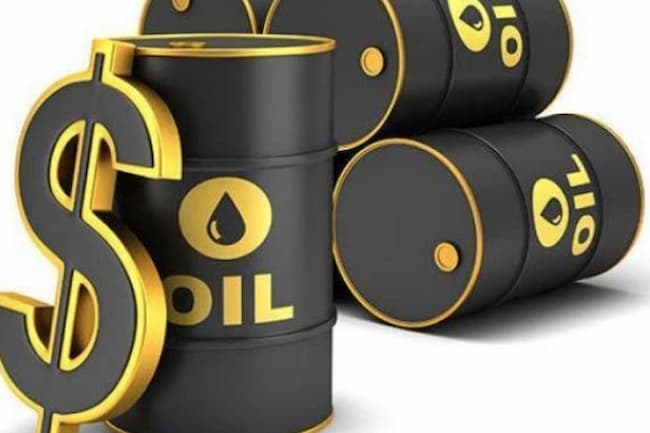Despite the fact that Saudi Arabia and Russia extended its existing production restrictions for another month, oil prices experienced minimal increases, as uncertain demand estimates in China and the United States continued to weigh on gains.
Saudi Arabia and Russia, the Organization of Petroleum Exporting Countries and Allies’ (OPEC+) major oil producers, maintained the status quo, holding market price declines in check by tightening output.
According to Deputy Prime Minister Alexander Novak, Russia would reduce oil exports by 300,000 barrels per day (bpd) in September “as part of efforts to ensure market stability. This happened only minutes after Saudi Arabia said that it will maintain its current output of 1 million bpd until September. In August, Russia slashed 500,000 barrels per day of supplies.
The proposed cutbacks were in addition to the OPEC+ group’s already established output caps of about 2 million bpd in October 2022 and 1.6 million bpd in May. According to market statistics, worldwide benchmark Brent crude traded at $85.58 per barrel on Friday, up around 1.38% over the previous week’s closing price of $84.41 per barrel.
Similarly, the American benchmark West Texas Intermediate (WTI) gained while trading at $81.97 a barrel at the same time, representing a 1.72% increase from the previous Friday’s session, which concluded at $80.58 per barrel.
Both benchmarks began the week at multi-month highs, extending prior week gains as investors digested the US Federal Reserve’s latest move to hike interest rates by 25 basis points.
Nonetheless, the price rally was constrained after rating agency Fitch cut the US credit rating, citing fiscal deterioration, but a big plummet in US commercial crude oil stockpiles mitigated demand concerns, as the robust stockpile draw signaled solid oil demand in the world’s top oil-consuming economy.
However, the disappointing economic growth rate of China, the world’s largest oil importer and second-largest oil consumer, acted as a headwind to future price increases.
In light of recent dovish indications from policymakers to boost GDP, investment bank Morgan Stanley downgraded its rating on Chinese stocks, warning that Chinese government support for economic stimulus may fall short of expectations.
Supply concerns intensified in favour of higher prices after Saudi Arabia and Russia announced plans to extend existing supply curbs, mitigating midweek trading losses.
The pledged production reduction is an extension of the country’s existing output cut of 1 million barrels per day (bpd) and ‘can be extended or extended and deepened’, according to a Saudi energy ministry source cited by Saudi state agency SPA.
With the latest output cut, the total production of one of the world’s largest crude oil exporters will be approximately 9 million bpd in September.
This came just minutes before Russia’s announcement to cut oil exports by 300,000 bpd in September, which Deputy Prime Minister Alexander Novak said was ‘part of efforts to ensure market stability.’ The new cuts were additions to the OPEC+ group’s already-existing output cap of around 2 million bpd announced in October 2022 and 1.6 million bpd revealed in May.
















